
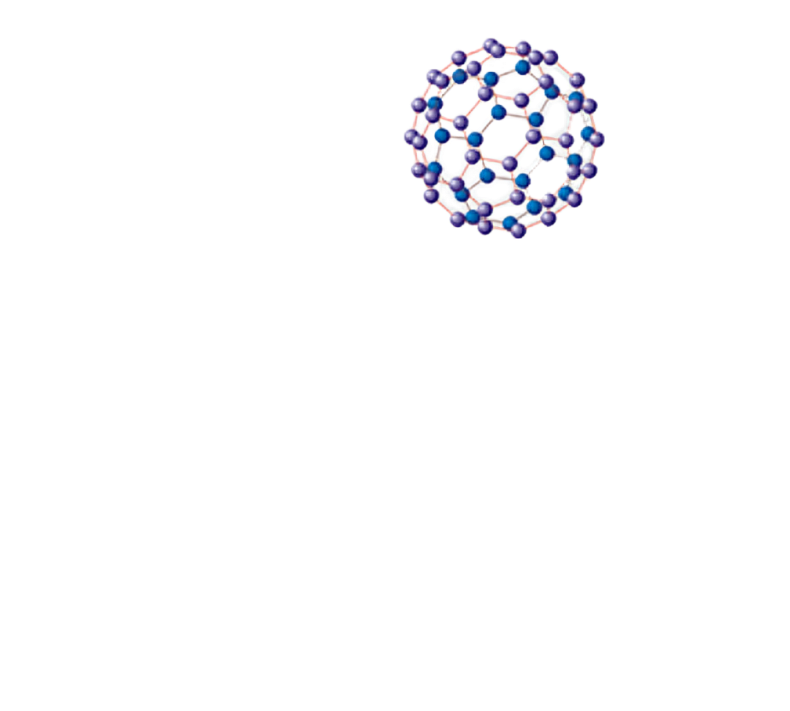


Meet our distinguished speakers from leading institutions around the world

Massachusetts Institute of Technology, USA, Nobel Laureate in Chemistry (2023)
Professor Moungi G. Bawendi is a distinguished Lester Wolfe Professor and Advisor for the Minor in Energy Studies, MIT Energy Initiative at the Massachusetts Institute of Technology (MIT). He is internationally acclaimed for his pioneering contributions to the synthesis and development of quantum dots, a class of nanoscale semiconducting crystals with remarkable optical and electronic properties. For his seminal work in this field, he was awarded the 2023 Nobel Prize in Chemistry, alongside Louis E. Brus and Alexey Ekimov, for the discovery and synthesis of quantum dots. Bawendi began his academic journey at Harvard University, earning an A.B. in 1982 and an A.M. in 1983. He went on to complete his Ph.D. in Chemistry at the University of Chicago in 1988, under the mentorship of Karl Freed and Takeshi Oka. His doctoral research encompassed both theoretical polymer physics and experimental studies on the H₃⁺ ion, which played a key role in unravelling the emission spectra of Jupiter. A transformative moment in Bawendi’s early career came during a summer research program at Bell Labs, where he was introduced to the emerging field of quantum dots by Louis E. Brus. Following his Ph.D., he returned to Bell Labs as a postdoctoral researcher, working closely with Brus before joining the faculty at MIT in 1990. He was promoted to full professor in 1996. In 1993, Bawendi, along with his doctoral students David J. Norris and Christopher B. Murray, revolutionized nanomaterials research by developing the hot-injection synthesis method. This technique enabled the controlled, reproducible, and scalable production of quantum dots with uniform size and high optical quality. By precisely tuning their size, researchers could manipulate the optical and electronic characteristics of quantum dots, paving the way for their use in a wide array of applications including light-emitting diodes (LEDs), solar cells, lasers, photodetectors, chemical biology, biomedical imaging. Over the years, Professor Bawendi has emerged as one of the most cited chemists in the world and a leading authority in nanoscience. His contributions have not only advanced fundamental science but also fueled innovation across multiple industries. His numerous accolades reflect his impact and influence: • Sloan Research Fellowship (1994) • Nobel Signature Award for Graduate Education in Chemistry by the American Chemical Society (1997) • Sackler Prize in Physical Chemistry of Advanced Materials (2001) • Ernest Orlando Lawrence Award (2006) • ACS Award in Colloid and Surface Chemistry (2010) • SEMI Award for North America (2011) • Clarivate Citation Laureate in Chemistry (2020) • Medal of Honor from Tunis University (2023) He has also been elected to several prestigious academic societies: • Fellow of the American Association for the Advancement of Science (2003) • Member of the American Academy of Arts and Sciences (2004) • Member of the National Academy of Sciences (2007) Prof. Moungi Bawendi’s trailblazing research continues to inspire a generation of scientists and drive technological progress. His legacy is defined not only by scientific excellence but also by a profound impact on how nanomaterials are understood and applied in the modern world.,

Massachusetts Institute of Technology, USA
Nobel Laureate in Chemistry (2023)

Griffith University
Australia

Rochester Institute of Technology
USA
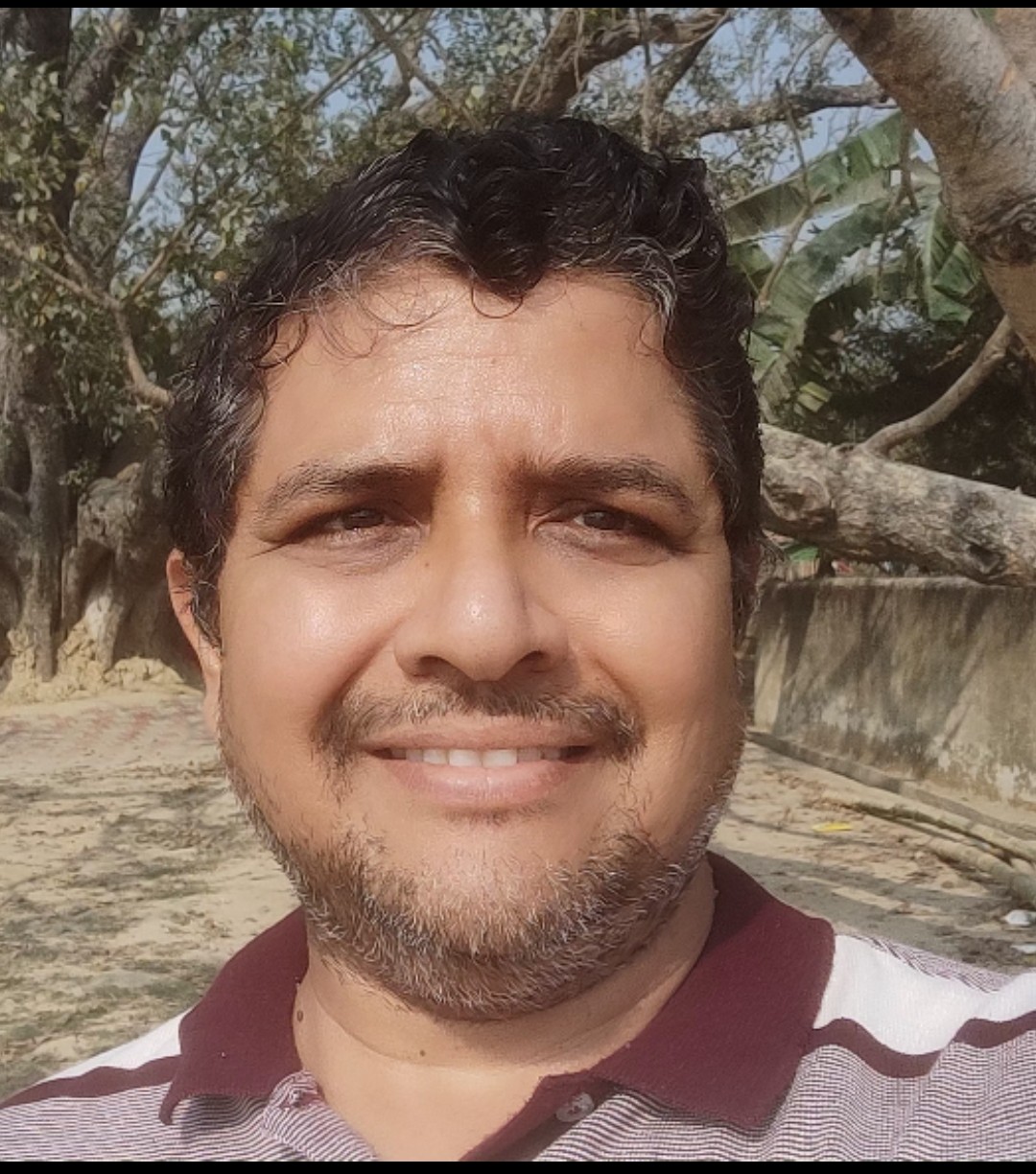
IIT Patna
India
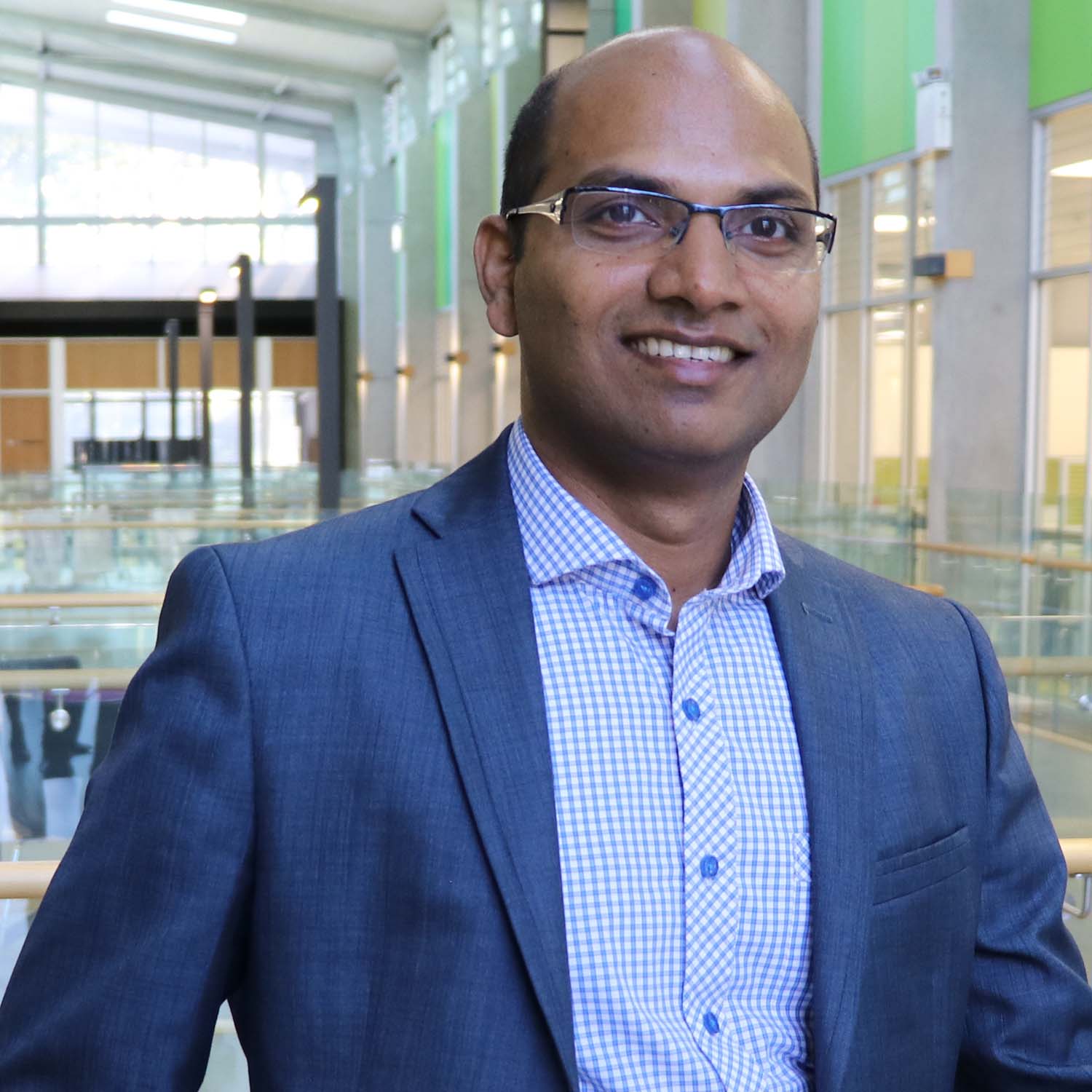
University of Newcastle
Australia

NIT Trichy
India

Indian Institute of Science, Bangalore
India
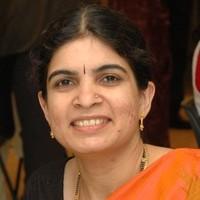
PSG Institute of Advanced Studies
India
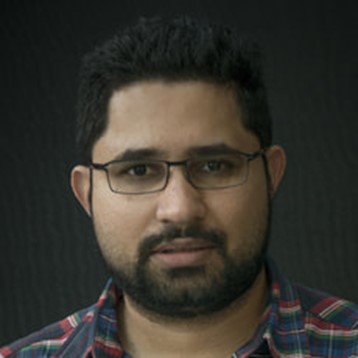
University of Manchester
UK

NIT Trichy
India

IISER Pune
India
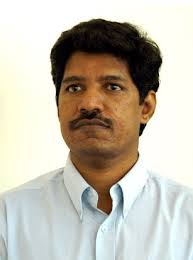
University of Madras
India
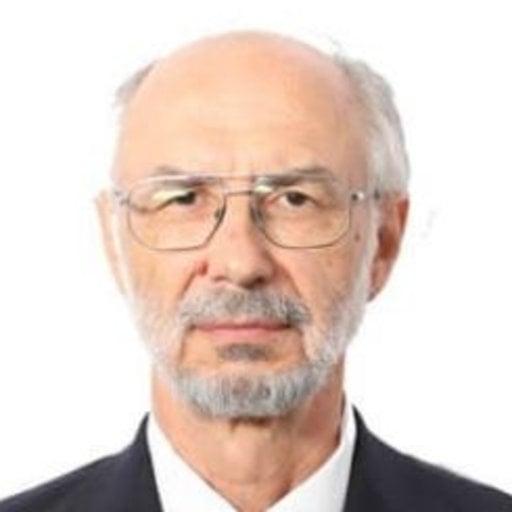
Lincoln College
UK

University of Manchester
UK

Universiti Sains Malaysia
Malaysia

IISc., Bangalore
India
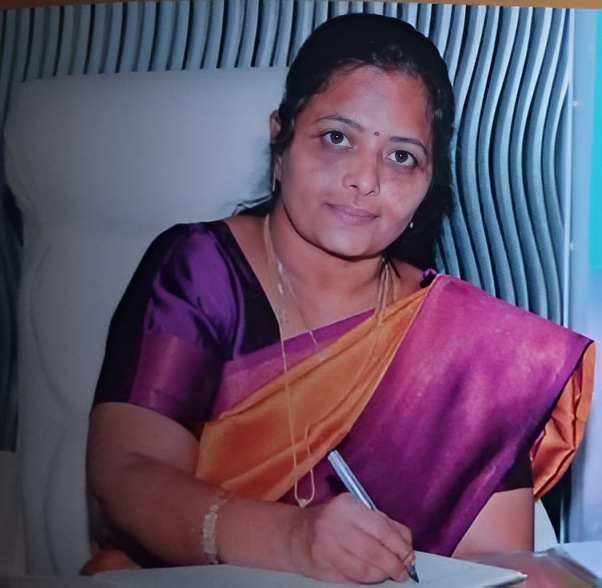
CVRDE, Chennai
India

University of Plymouth
UK
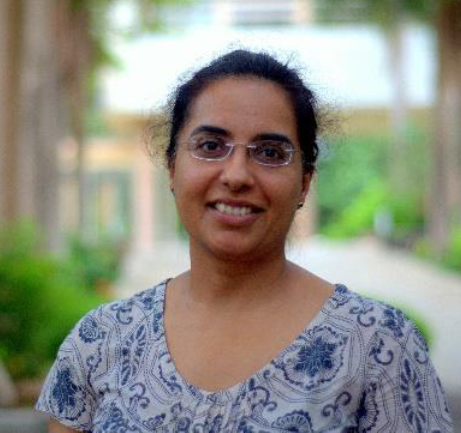
TIFR, Mumbai
India
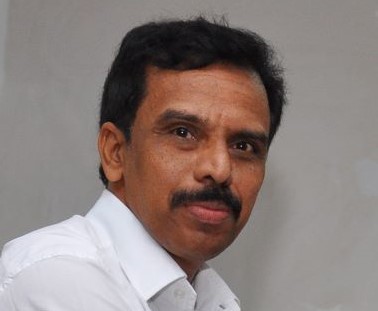
University of Madras
India
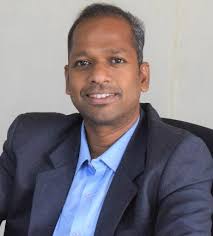
ARCI, Hyderabad
India
Griffith University
Australia
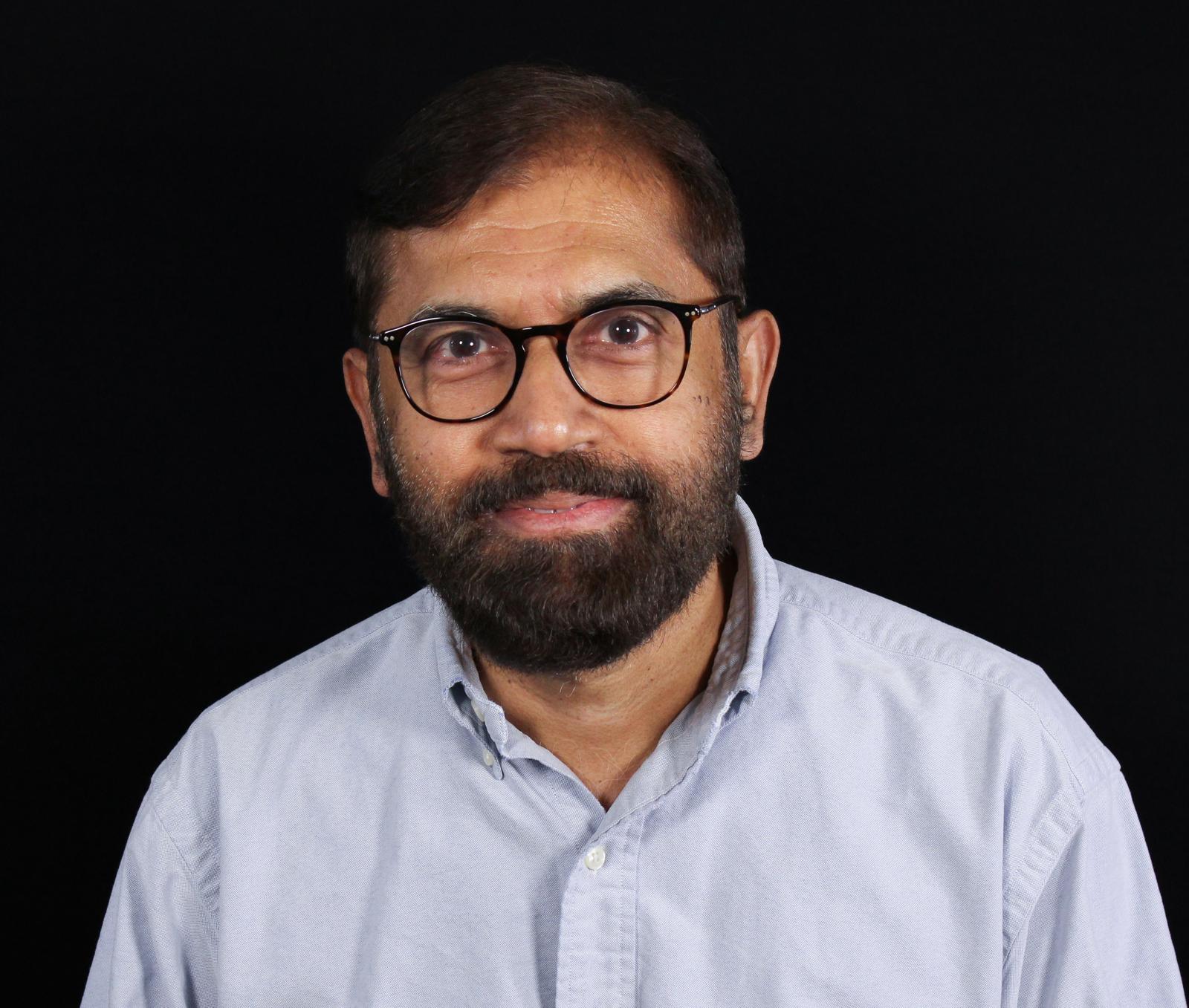
University of Central Florida
USA
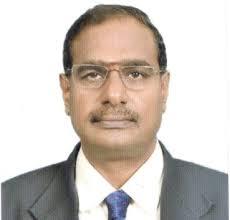
Anna University
India

GNS Science
New Zealand
IMRE, A*STAR
Singapore
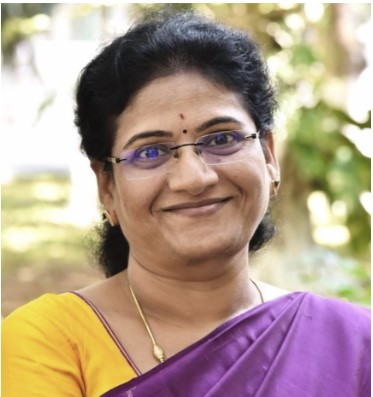
PSG Institute of Advanced Studies
India

Griffith University
Australia

Technische Universität Dresden (TUD)
Germany

IIT Madras
India
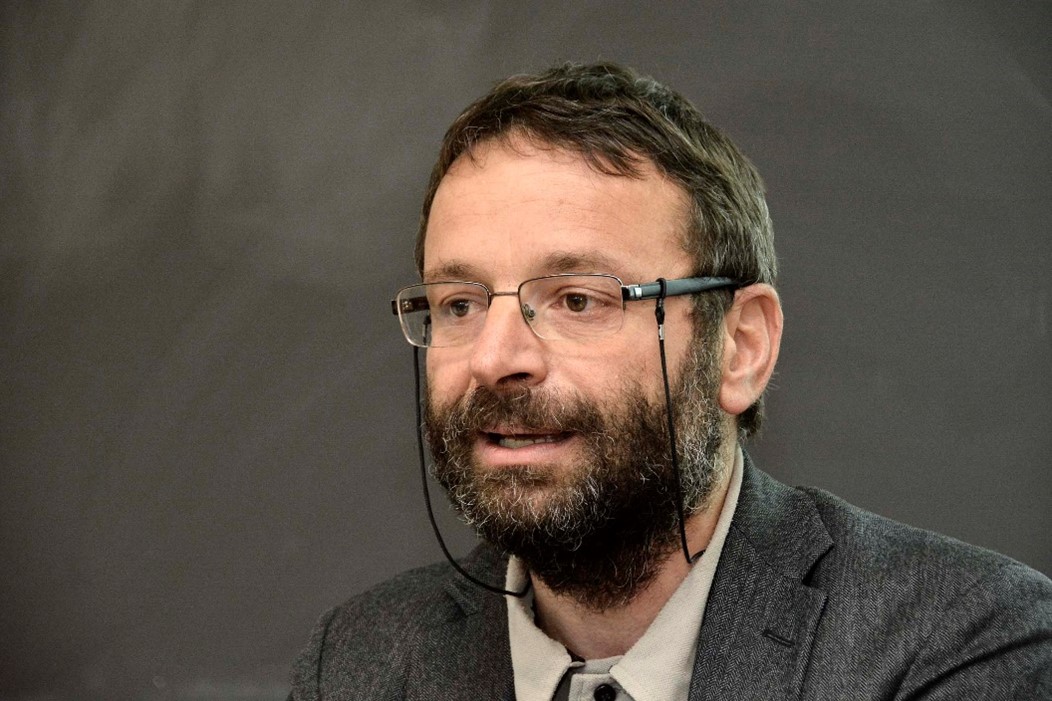
University of Trento
Italy

University of Cambridge
UK

National University of Singapore
Singapore
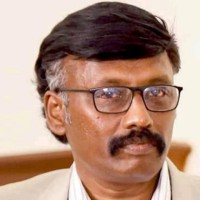
CECRI, Karaikudi
India

University College London
UK

Tulane University
USA

SSN, Chennai
India

CONCORDIA University
Canada

University of Limerick
Ireland

JNCASR, Bangalore
India
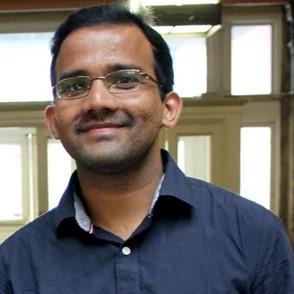
IIT- Hyderabad
India
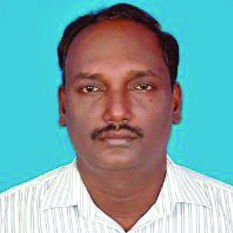
University of Madras
India

Bharathiar University, Coimbatore
India

IIT Guwahati
India

BARC
India
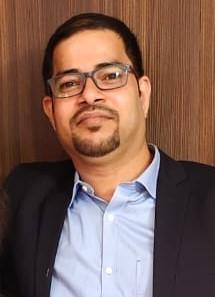
National Institute of Hydrology, Roorkee
India
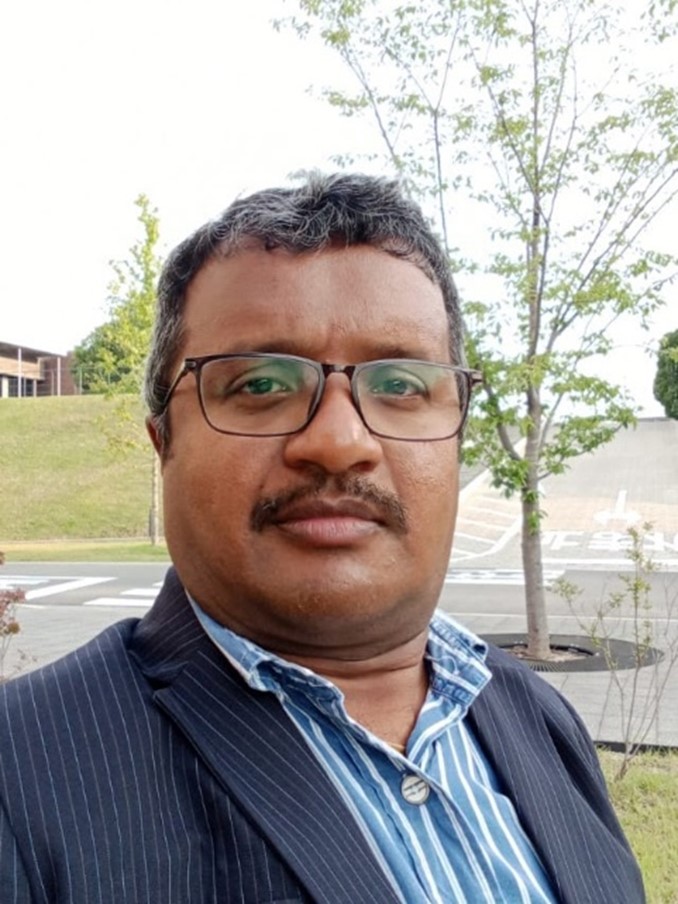
University of Hyderabad
India

Spel Technologies Pvt. Ltd
India

Monash University
Australia

Chalmers University of Technology
Sweden

Southern Illinois University, Carbondale
USA

IIT BHU
India
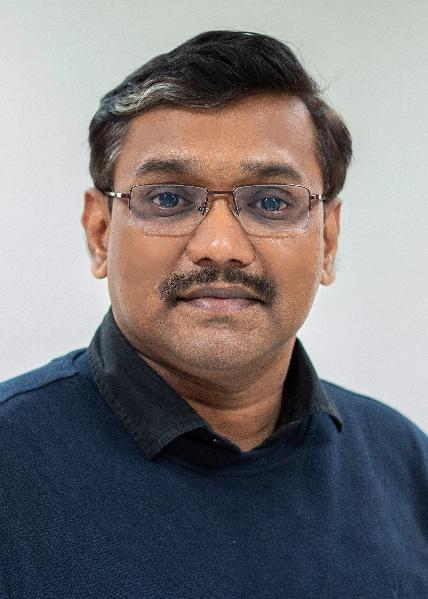
Deutsches Elektronen-Synchrotron DESY
Germany

DRDO - DMRL, Hyderabad
India
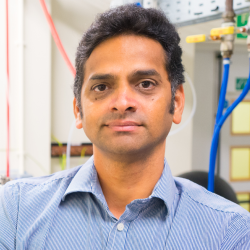
University of Surrey
UK

State University of New York at Binghamton
USA

NCL Pune
India
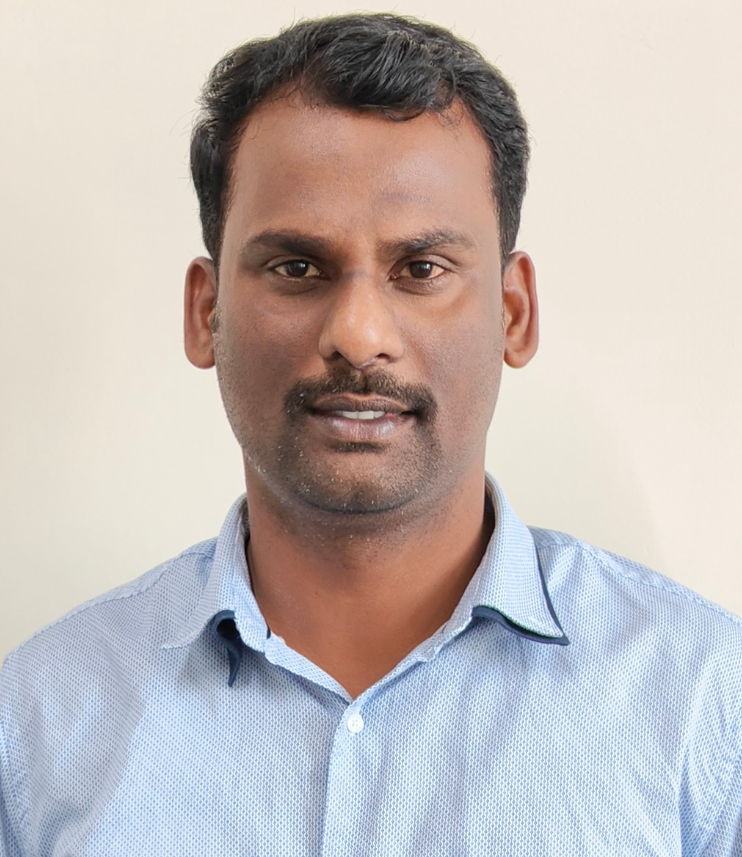
IIT Hyderabad
India

Heriott Watt University
UK
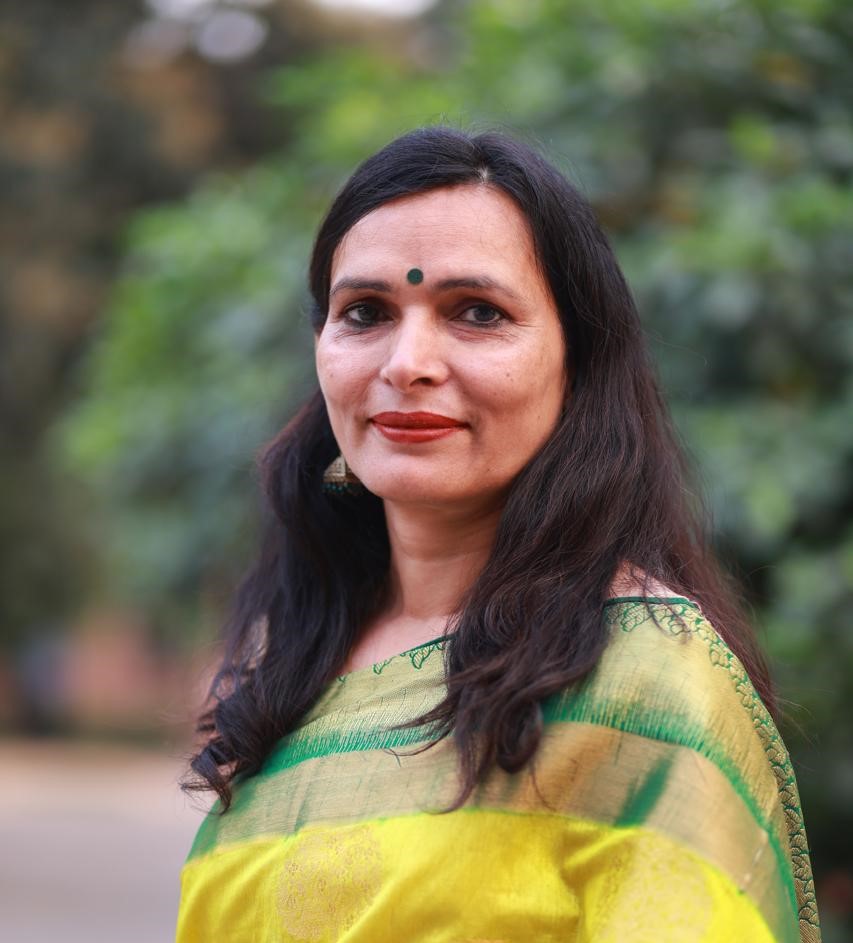
CSIR-CSIO, Chandigarh
India

Memfill Tech
India
IIT Madras
India

Pohang University of Science and Technology
Korea
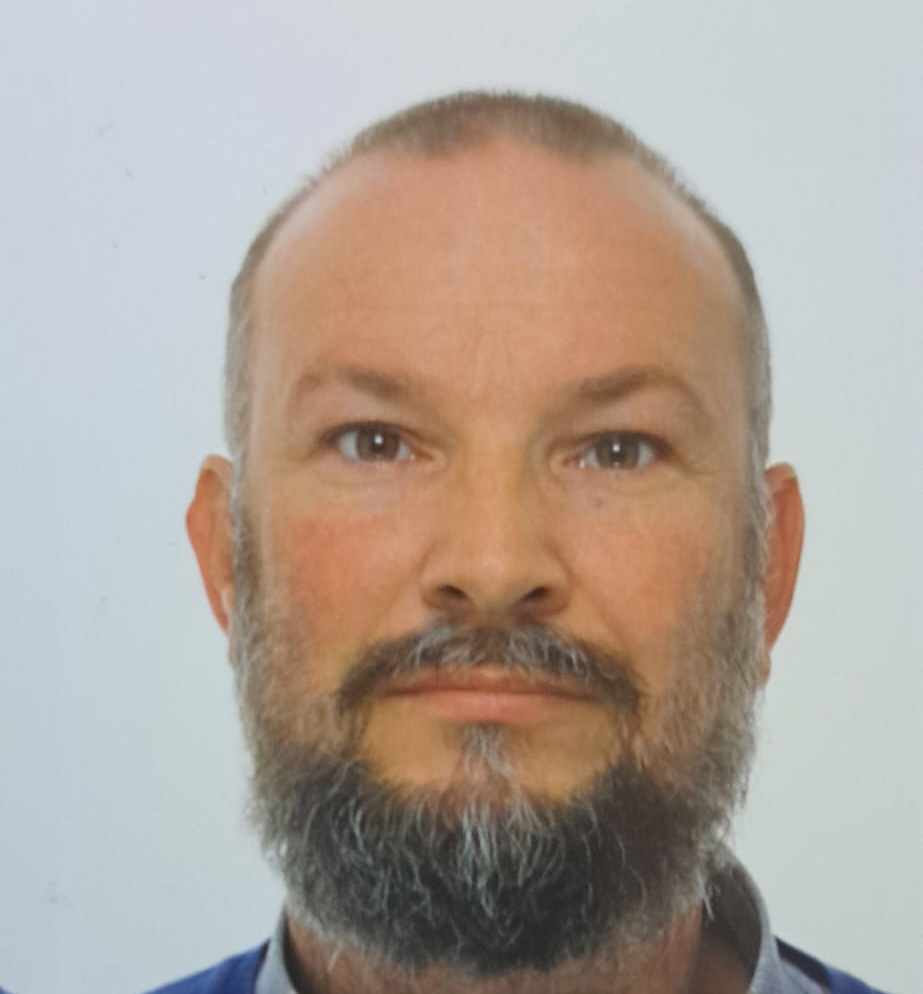
Hasselt University
Belgium

University of Southern Denmark
Denmark